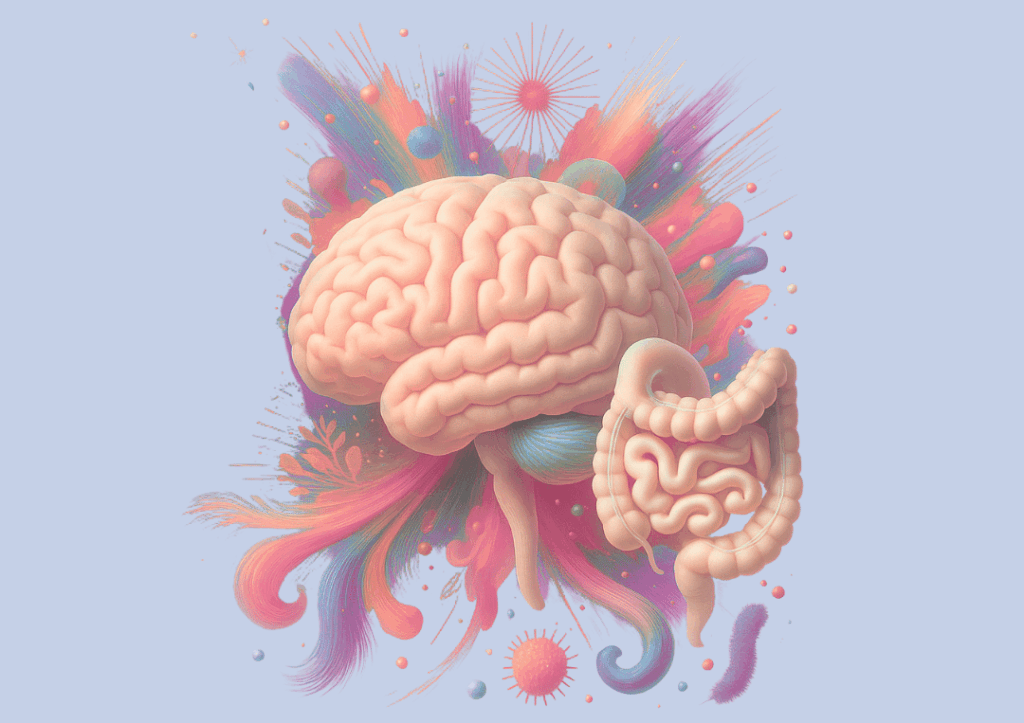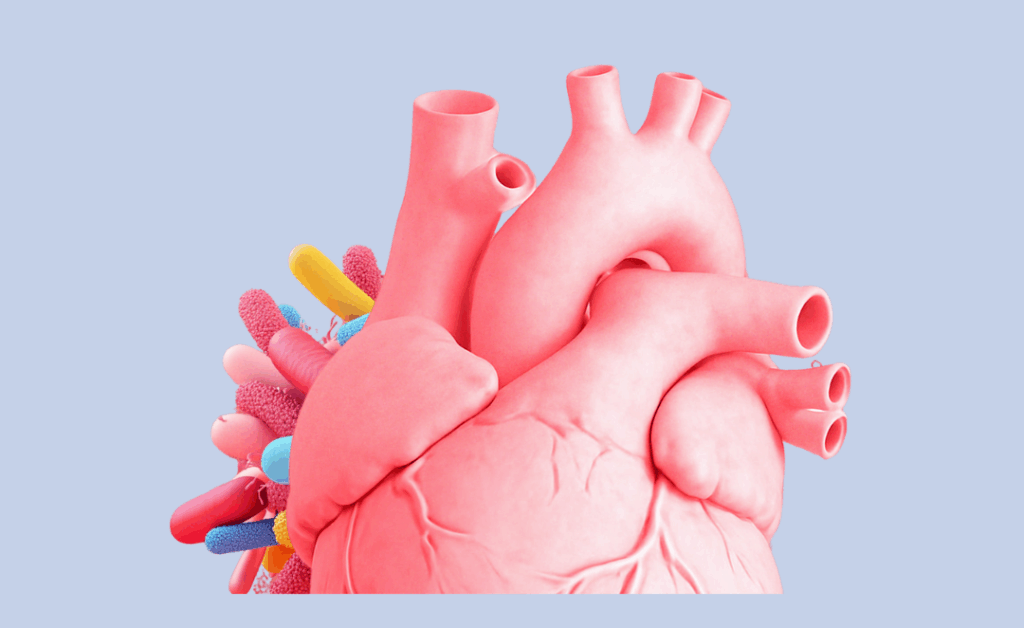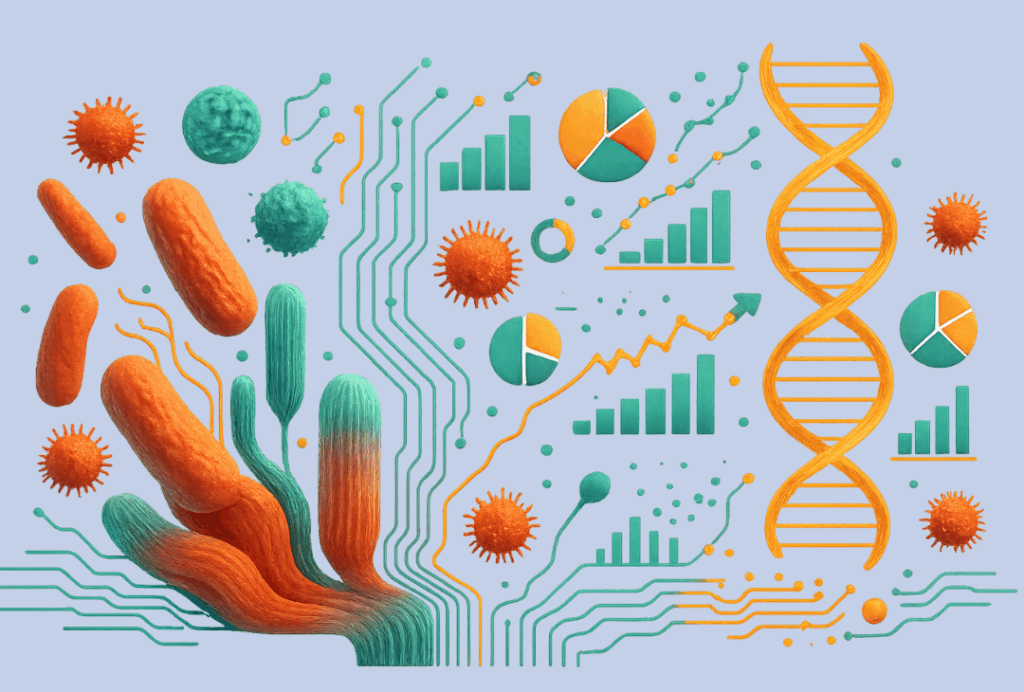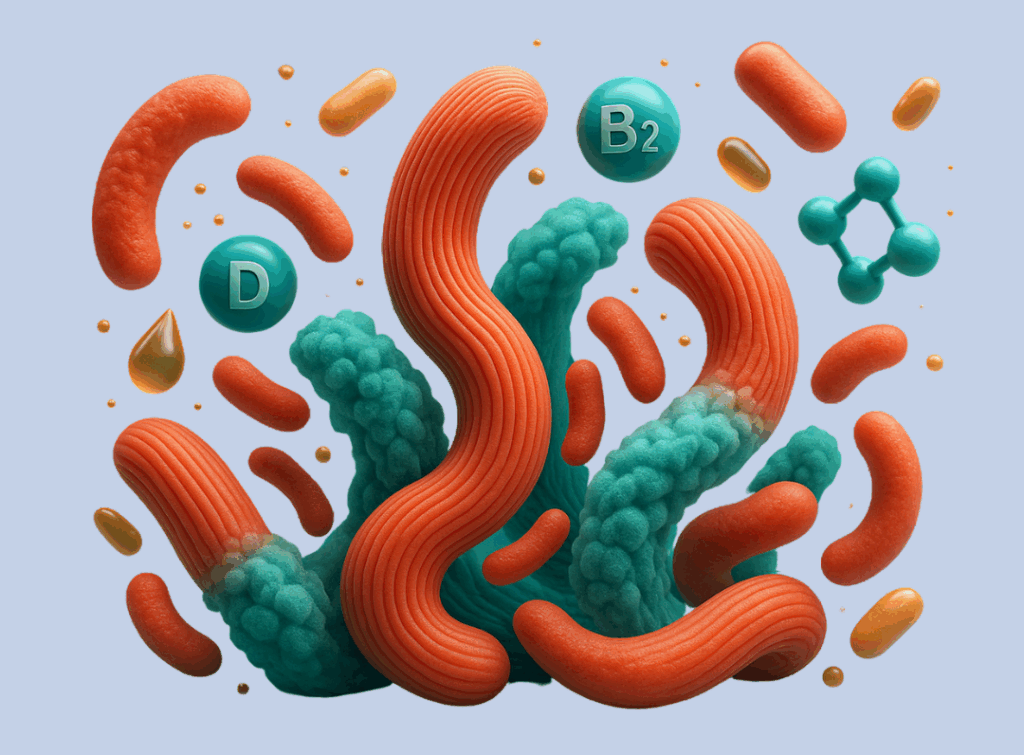As we wrap up the thrilling spectacle of the Paris 2024 Olympics, where the world’s top athletes have pushed their limits and broken records, there’s a behind-the-scenes story that’s just as fascinating—but much less talked about: the gut microbiome.
That’s right—those trillions of bacteria living in our digestive systems are the unsung heroes of athletic performance. “No guts, no glory” takes on a whole new meaning when you realise just how crucial these tiny organisms are to achieving Olympic-level greatness.
Gut microbiota: The secret MVP
Athletes don’t just have stronger muscles; they have stronger guts too! Research shows that athletes typically have a more diverse and robust gut microbiome compared to the average person. This isn’t just because they eat well (though that helps); it’s also because their intense physical activity actually encourages the growth of beneficial bacteria.
And here’s where it gets really interesting: Studies have shown that this high level of physical activity can change the gut microbiota composition, boosting the number of microbes that produce all the amazing compounds your body needs to keep itself healthy! Think of them as the natural fuel that powers those long runs, intense workouts, and quick recoveries.
But it’s not just about winning medals. A well-balanced gut microbiome also contributes to long-term health. Research has found several key insights into how an athlete’s lifestyle impacts their gut microbiome:
- Microbiota Modulation by Physical Activity: Competitive physical activity and the associated lifestyle significantly modulate gut microbiota composition, boosting the number of microbes that produce short-chain fatty acids (SCFAs), which are known to improve both health and physical performance.
- Correlation Between Bacterial Species and Beneficial Compounds: Specific bacterial species in athletes are correlated with the production of compounds like vitamin B12 and amino acid derivatives, which are crucial for reducing cardiovascular risks and other age-related health problems.
- Differences Between Athletes and Sedentary Individuals: There are significant differences in the gut microbiota of athletes compared to sedentary individuals. Athletes have a higher prevalence of SCFA-producing bacteria, such as Faecalibacterium prausnitzii, Eubacterium rectale, and Ruminococcus bromii.
- Enzymatic Profiles: Athletes possess a richer enzymatic profile, which is associated with the production of beneficial metabolites that influence physical performance and overall health.
- Impact of Lifestyle: The rigorous lifestyle of athletes—including intensive training, specific diets, and stress management—creates an ecological environment that favors beneficial bacterial species, enhancing health and muscle performance.
What’s Next? The Future of Gut Health in Sports
With all this in mind, the future of sports might just lie in our guts. As more research emerges, we could see personalized diets and supplements designed to optimize athletes’ microbiomes for peak performance. And, who knows, maybe in the next few years, gut health could become as integral to an athlete’s regimen as weight training and conditioning.
So, next time you marvel at an athlete’s performance, remember that it’s not just their training, diet, or mental grit that got them there—it’s their gut, too. In the world of sports, as in life, “no guts, no glory” isn’t just a catchy phrase. It’s a scientific truth that’s helping athletes reach new heights.
And hey, even if you’re not training for the Olympics, taking care of your gut might just help you achieve your own personal bests—whether that’s running a 5K, hitting a new PR at the gym, or just feeling your healthiest and happiest self. Your gut’s got your back!
References:
O’Brien, M. T., Orla O’Sullivan, Claesson, M. J., & Cotter, P. D. (2022). The Athlete Gut Microbiome and its Relevance to Health and Performance: A Review. Sports Medicine, 52(S1), 119–128.
Fontana, F., Longhi, G., Chiara Tarracchini, Mancabelli, L., Gabriele Andrea Lugli, Alessandri, G., Turroni, F., Milani, C., & Ventura, M. (2023). The human gut microbiome of athletes: metagenomic and metabolic insights. Microbiome, 11(1).









